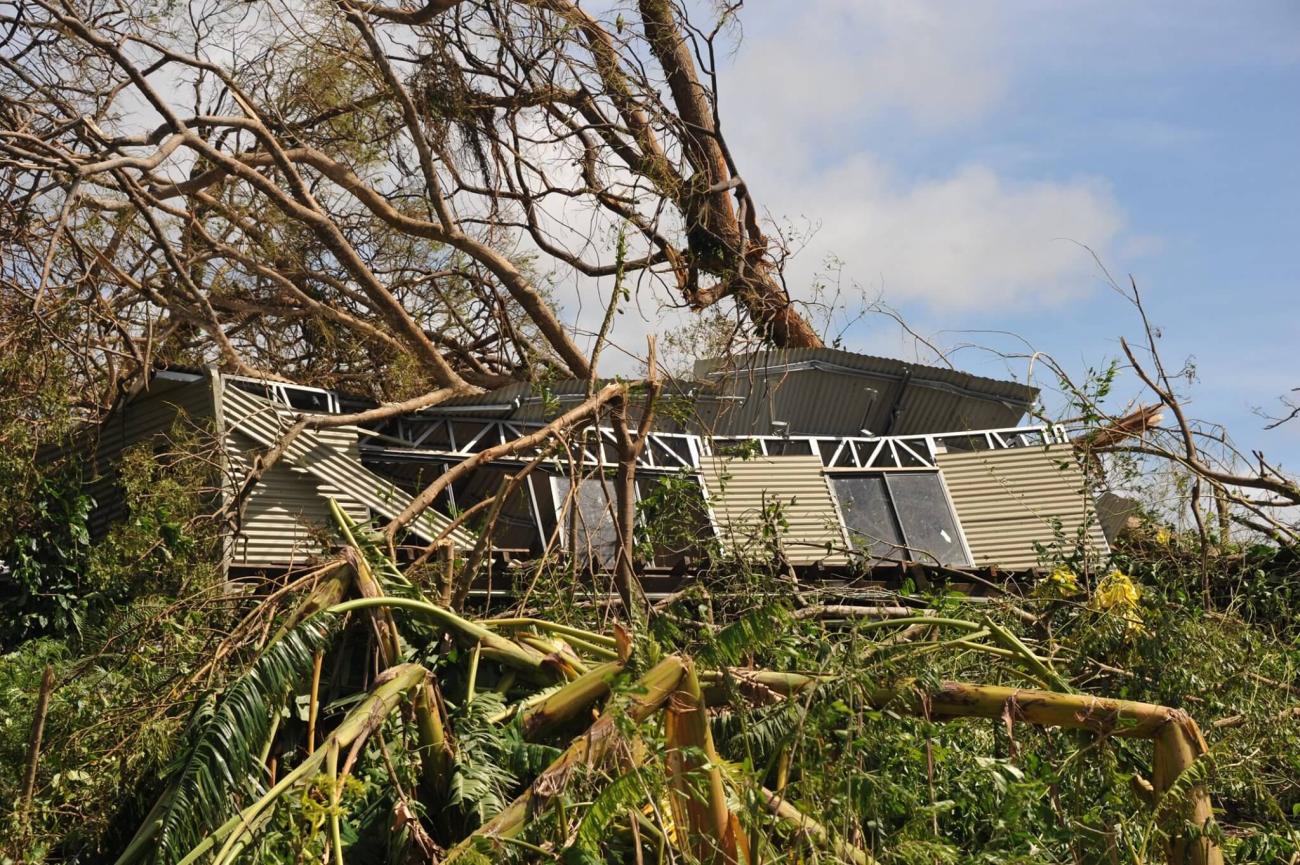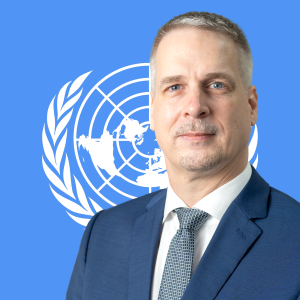Today, on World Humanitarian Day, we honor the bravery and commitment of humanitarian workers worldwide.
This year’s World Humanitarian Day theme focuses on confronting the growing increase of attacks on humanitarian workers and civilians and underscores the urgency of protecting humanitarian workers amidst ongoing global conflicts and crises.
Today, there are more than 120 conflicts recorded globally, and despite the 75th anniversary of the Geneva Conventions, violations persist, with humanitarian workers often paying the ultimate price.
Humanitarian workers in conflict zones face harrowing conditions as they strive to deliver aid amidst chaos and danger. They often work under life-threatening circumstances, navigating the complexities of violence and instability to provide critical support to those in dire need.
The increasing frequency and intensity of conflicts exacerbate the risks they face, making it imperative that we stand firmly behind efforts to uphold their rights and safety under International Humanitarian Law.
The United Nations’ global World Humanitarian Day campaign calls for action to end these violations and demands accountability. This year’s campaign includes a letter to Member States urging them to uphold their responsibilities under International Humanitarian Law and a global digital campaign to advocate for stronger protection.
The #ActForHumanity campaign is not merely symbolic but a crucial appeal for upholding International Humanitarian Law and ensuring safer environments for these dedicated professionals.
In our region, while we may not face the same level of conflict, the principle of supporting and protecting humanitarian workers is equally crucial.
The Pacific's unique challenges—ranging from extreme weather events to environmental hazards - require a robust humanitarian response.
Our solidarity with global efforts serves as a reminder of our shared responsibility to uphold humanitarian values and ensure the safety and dignity of all individuals working in crisis situations.
Over the past years, the Pacific region has experienced a range of extreme weather events, ranging from cyclones, earthquakes, tsunamis, floods to droughts. These increasingly frequent and severe challenges underscore the critical role of humanitarian assistance in providing timely relief and supporting recovery efforts.
Humanitarian workers remain indispensable, offering vital support and ensuring that communities affected by these events receive the necessary aid.
National governments across the Pacific are actively enhancing their disaster preparedness and response capabilities. Collaborative efforts with partners are essential in improving our readiness for such emergencies. These initiatives help to better anticipate and address humanitarian needs before crises escalate, strengthening our overall resilience to the growing impacts of climate change and environmental hazards.
As we celebrate World Humanitarian Day, we extend our heartfelt appreciation to those who dedicate their lives to helping others. Their work not only addresses urgent needs but also fortifies our collective resilience in the face of increasingly unpredictable and severe events.
I am honored to stand with humanitarian workers, governments, civil society, partners, and communities across the Pacific region in our shared commitment to uphold humanitarian principles and to ensure a safe and enabling environment for humanitarian actors to provide life-saving assistance to people affected by disasters.
Together, we reaffirm our dedication to protecting and supporting those on the front lines of crises as we work together to build a more resilient and compassionate world.
It is time to #ActForHumanity.









